In a night of stars, she was the supernova. At a recent Hollywood panel on LGBT representation on TV, featuring notables like Scandal Emmy-winner Dan Bucatinsky and hilariously dirty Two and a Half Men actress Amber Tamblyn, Laverne Cox enraptured the audience with her unshakeable convictions. Articulate and beautiful, the trans actress and star of Orange is the New Black had me hanging on her every word, even after a vodka soda and nine hours of work.
Without being heavy-handed, Cox hammered in the point about transgender invisibility on TV and its repercussions. When the moderator called her a “transgender activist,” she corrected him: “I prefer ‘transgender advocate.'” Hmm. Are “activist” and “advocate” worth differentiating? When someone as bright as Cox notes a gulf between the monikers, something is amiss. Has “activist” become a dirty word?
For almost a decade, I’ve worked at The Advocate. The name connotes crusader, fighter, hero. An activist is all those things, but Laverne’s right, it’s different. Aside from all those positive attributes, The Activist would also bring to mindscreamer, ranter, loony. An “animal activist” is a vegan who faithfully cuts a check to PETA every month, but it could also be a crazy who throws red paint on Anna Wintour’s fox muff. Even “AIDS activist” conjures up an ACT UP member laying down in St. Patrick’s cathedral; that protest was one of our people’s finest moments, but it does symbolize a bygone era. Most believe, wrongly, that antiretrovirals eradicated not only HIV replication but the necessity of AIDS activists. The word “activist” seems so dramatic for a world growing exponentially snarkier and increasingly blasé.
“Activist” was certainly damaged by right-wing loonies who stigmatized any robe-wearer daring to grant us our constitutional rights. “Those ‘activist’ judges!” screamed thousands of fools as they shook their fists at the sky following a ruling that didn’t go their way. The word became such a pejorative that it encouraged voters in 2010 to toss out three of the “activist” Iowa supreme court judges who ruled that same-sex couples are worthy of rights and respect. How come no one called for the heads of “activist voters?”
A few years before all this hubbub in Iowa, Supreme Court Justice Sandra Day O’Connor stood up and called all this harping about “activist judges” pure poppycock. “That seemed to be a mantra of some kind,” she told CNN of the disingenuous description. Just because a judge thinks you are wrong about something, it doesn’t mean she’s passing out pamphlets on the subway or phone banking on weekends. It’s her job to make a call on matters of disagreement.
O’Connor takes umbrage with the twisting of “activist,” but she also feels strongly about another word ravaged by time: “feminist.” “I never did [call myself a feminist]," she's said. "I care very much about women and their progress. I didn’t go march in the streets, but when I was in the Arizona legislature, one of the things that I did was to examine every single statute in the state of Arizona to pick out the ones that discriminated against women and get them changed.”
So, fighting for women doesn’t make her a feminist nor does serving as the first female Supreme Court justice? Seems strange. I consider myself a feminist, because I care about women, value their equality to men, find misogyny insufferable, and will not stand for bias. Could it be easier in this day and age for a man to declare himself a feminist than for a woman? Maybe women believe if they say that word, they’ll have to have to read The Feminine Mystique, have a Skype meeting with Gloria Steinem, and cancel their bikini wax. Seems a lot of powerful women are scared shitless of that word: Madonna, Marissa Mayer, even Lady Gaga, who equates it with hating men (oy).
Get Gaga out of space and get her on the phone with Marianne Schnall, the founder of Feminist.com and the author of the just-released book What Will It Take to Make a Woman President?
“I think we often get too hung up on words, on linguistics,” Schnall tells me. “There are many people who refuse to call themselves ‘feminist’ when they clearly are, based on their behavior, actions and beliefs, or when presented with the dictionary definition of that word. Some words, like ‘feminist,’ do carry baggage or misconceptions, but it is up to us to redefine it by how and when we use it. As for people having an issue with words like ‘activist,’ – I think that is because being an activist has at times sounded like it needed to be a full-time vocation, or having a strident attitude, rather than, what it is to me: a basic intention to work towards positive change on issues you care about in whatever ways one feels called to do. From my perspective people today, including and especially young people, are more active and less complacent than ever. It doesn’t ultimately matter what they call themselves — advocate, activist, whatever — as long as we feel both individually and collectively that we are part of a movement against injustice and for creating positive change.”
Being an activist or a feminist is commendable and anyone should be proud to declare themselves as such. So what if dudes might think you don’t shave your pits or your boyfriend imagines you screaming at people on the street and writing manifestos until sunrise? Being unthreatening is not sexy; shaking things up is. Now excuse me as I petition for The Advocate’s name to change to The Shrill Super-Gay Feminist Activist Pain in the Ass.
NEAL BROVERMAN is a columnist for The Advocate and the editor in chief of Out Traveler. Follow him on Twitter @nbroverman
















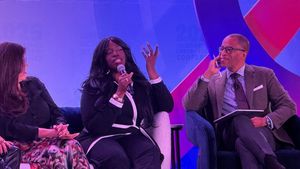












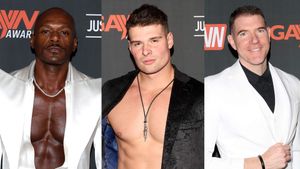





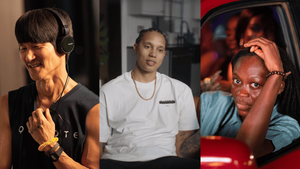






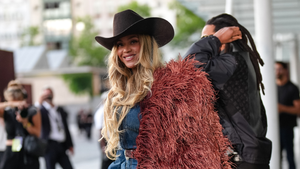
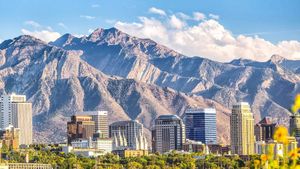

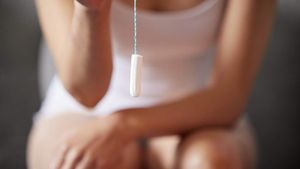



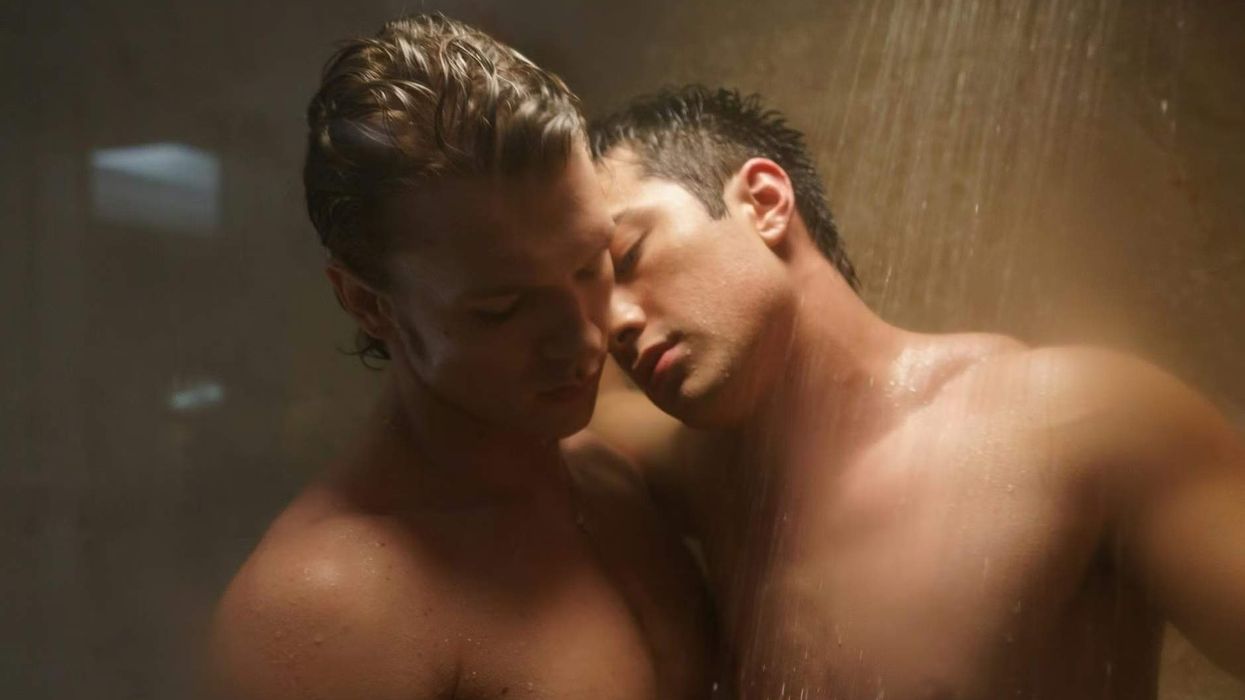


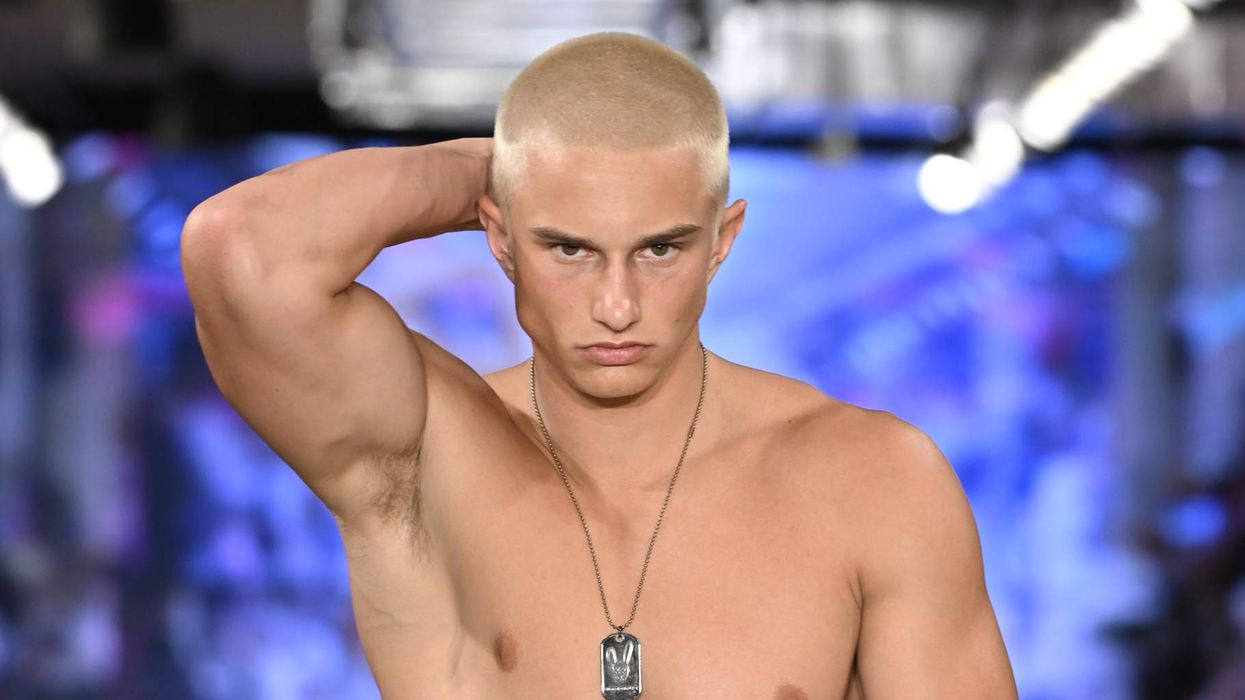

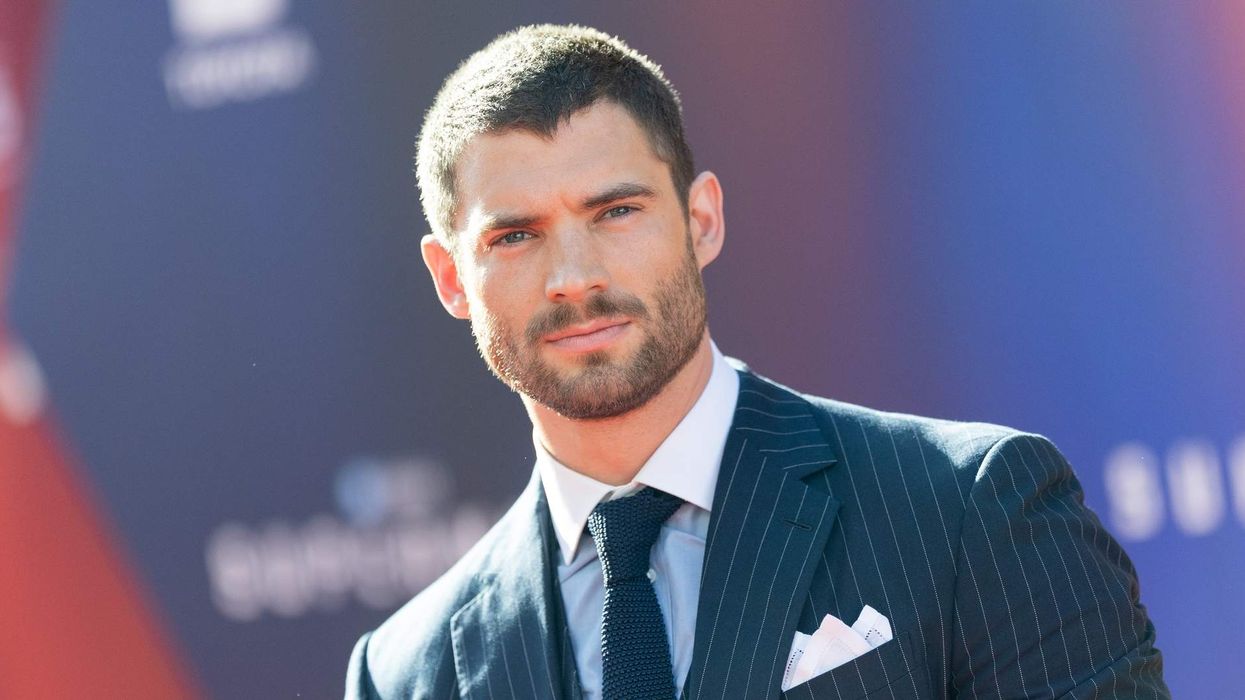
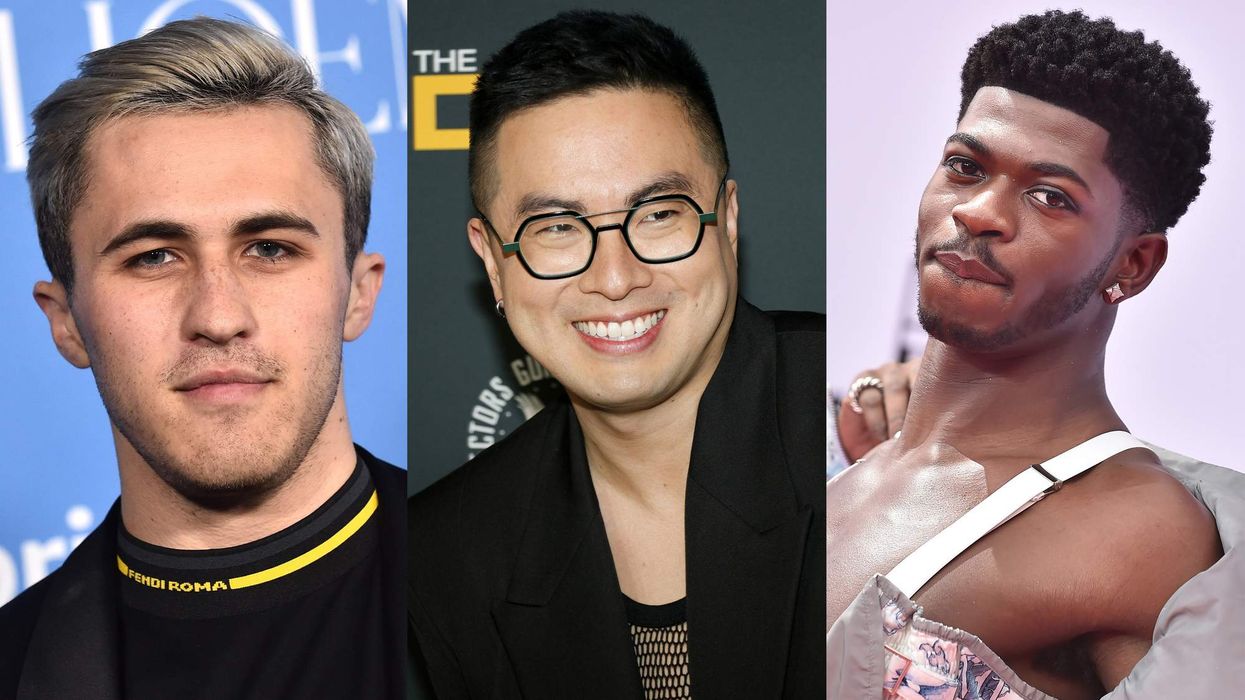































 Cindy Ord/Getty Images
Cindy Ord/Getty Images























